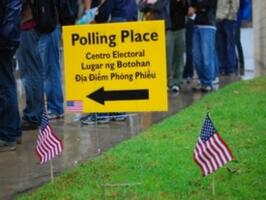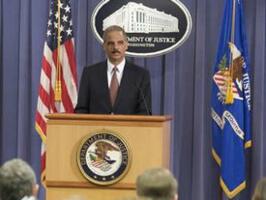60% See Extending Social Security Payroll Tax Cut for Full Year As Good for Economy
Most voters agree that extending a 2% cut in the Social Security payroll tax for all of 2012 will be beneficial for the economy but won’t significantly impact their financial plans for the year. Congress signed off on a two-month extension of the tax cut last week but are hoping to extend it for all of 2012 when they reconvene after the holiday.
A new Rasmussen Reports national telephone survey finds that 60% of Likely U.S. Voters believe that if the payroll tax cut is extended for the full year of 2012, it will help the economy at least a little. That includes 22% who think it will help the economy a lot. Only 10% feel extending the tax cut will hurt the economy, with just four percent (4%) who think it will hurt a lot. (To see survey question wording, click here.)
(Want a free daily e-mail update? If it's in the news, it's in our polls). Rasmussen Reports updates are also available on Twitter or Facebook.
The national survey of 1,000 Likely Voters was conducted on December 26, 2011 by Rasmussen Reports. The margin of sampling error is +/- 3 percentage points with a 95% level of confidence. Field work for all Rasmussen Reports surveys is conducted by Pulse Opinion Research, LLC. See methodology.














